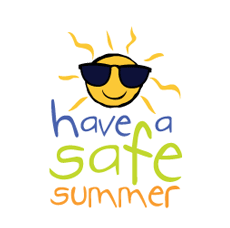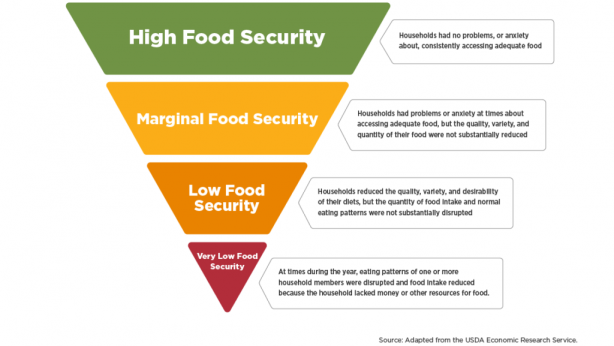What does Pennsylvania Law consider Child Abuse?
Basically, child abuse is defined as when an individual acts or fails to prevent something that causes serious harm to a child under the age of 18. This harm can take many forms, such as serious physical injury, serious mental injury, or sexual abuse or exploitation.
Pennsylvania’s definition of child abuse has changed as a result of recent amendments to our Child Protective Services Law (CPSL). Effective December 31, 2014, the expanded definition of child abuse lowers the standard of what will be considered child abuse under CPSL.
The definition of child abuse has been amended to require that acts or failures to act be committed intentionally, knowingly or recklessly.
Child abuse has been redefined to:
•Lower the threshold from serious physical injury to bodily injury which requires impairment of a physical condition or substantial pain rather than severe pain or lasting impairment.
•Include behaviors that result in exposing children to potentially harmful medical evaluations or treatment such as fabricating, feigning or inducing a medical symptom or disease (Munchausen Syndrome by Proxy).
•Lower the threshold for serious mental injury to include causing or substantially contributing to the injury through any act or failure to act or series of such acts or failures to act.
The former category of imminent risk has been clarified to include:
•Kicking, biting, throwing, burning, stabbing or cutting a child in a manner that endangers the child;
•Unreasonably restraining or confining a child;
•Forcefully shaking, slapping or otherwise striking a child under one year of age;
•Interfering with the breathing of a child;
•Causing the child to be present at a methamphetamine lab, provided there is a law enforcement investigation occurring;
•Knowingly leaving a child unsupervised with an individual, other than the child’s parent, who is required to register as a sexual offender, sexually violent predator or sexually violent delinquent. This also includes individuals who the parent reasonably should have known were required to register in one of the categories above.
Causing the death of a child through any act or failure to act.
Serious physical neglect was expanded to include egregious behavior, meaning situations when the behavior might have only occurred one time, but is bizarre or unimaginable and created one of the circumstances that would fall under this category of abuse.
The definition of sexual abuse is unchanged with the exception that consensual activities between two children, ages 14-18 are excluded as sexual abuse unless any of the following, which involve the use of force or coercion, were committed: Rape; Statutory sexual assault; Involuntary deviate sexual intercourse; Sexual assault; Institutional sexual assault; Aggravated indecent assault; Indecent assault; Indecent exposure; Incest; Prostitution; Sexual abuse; Unlawful contact with a minor; or Sexual exploitation.

